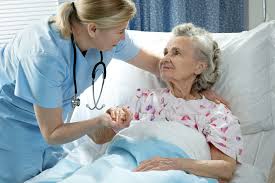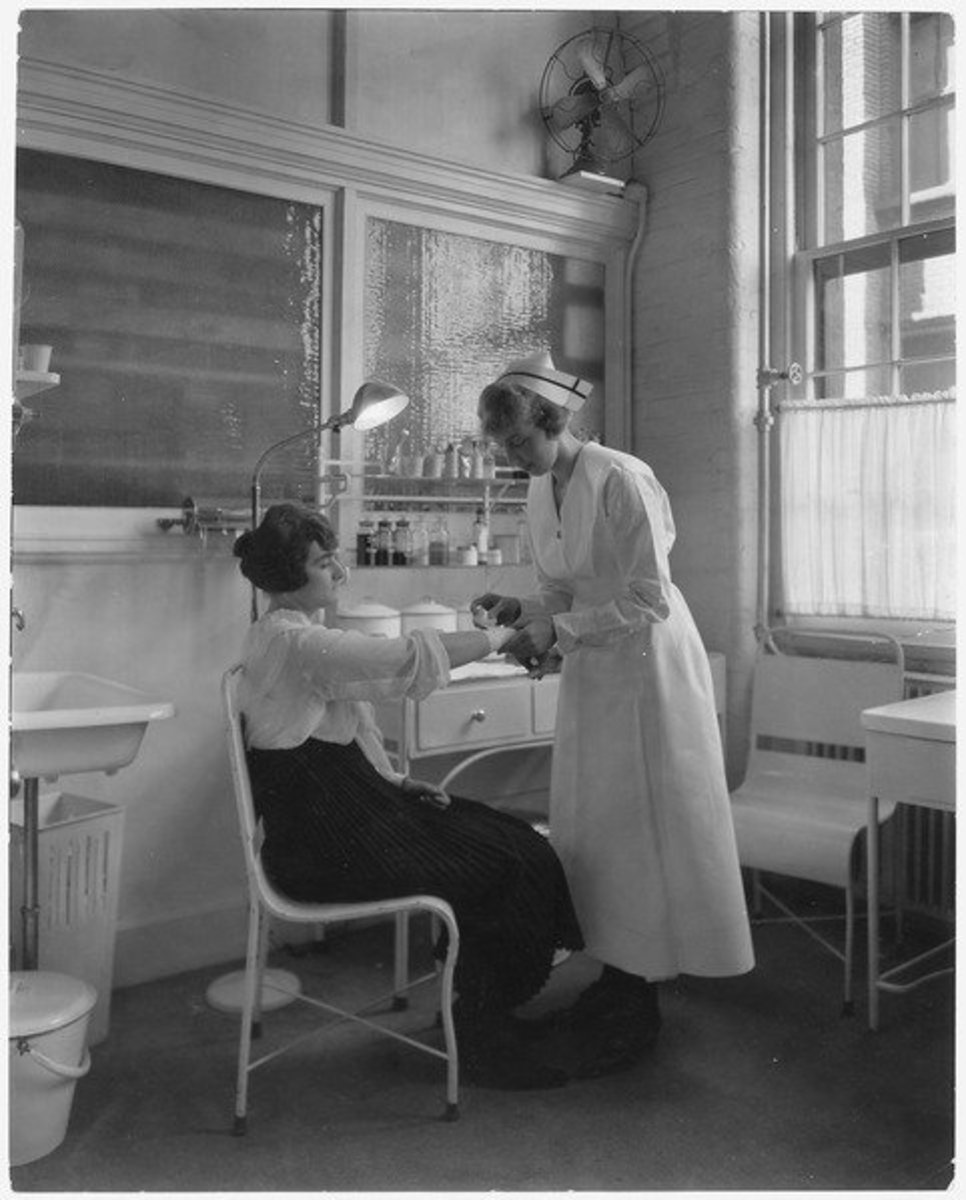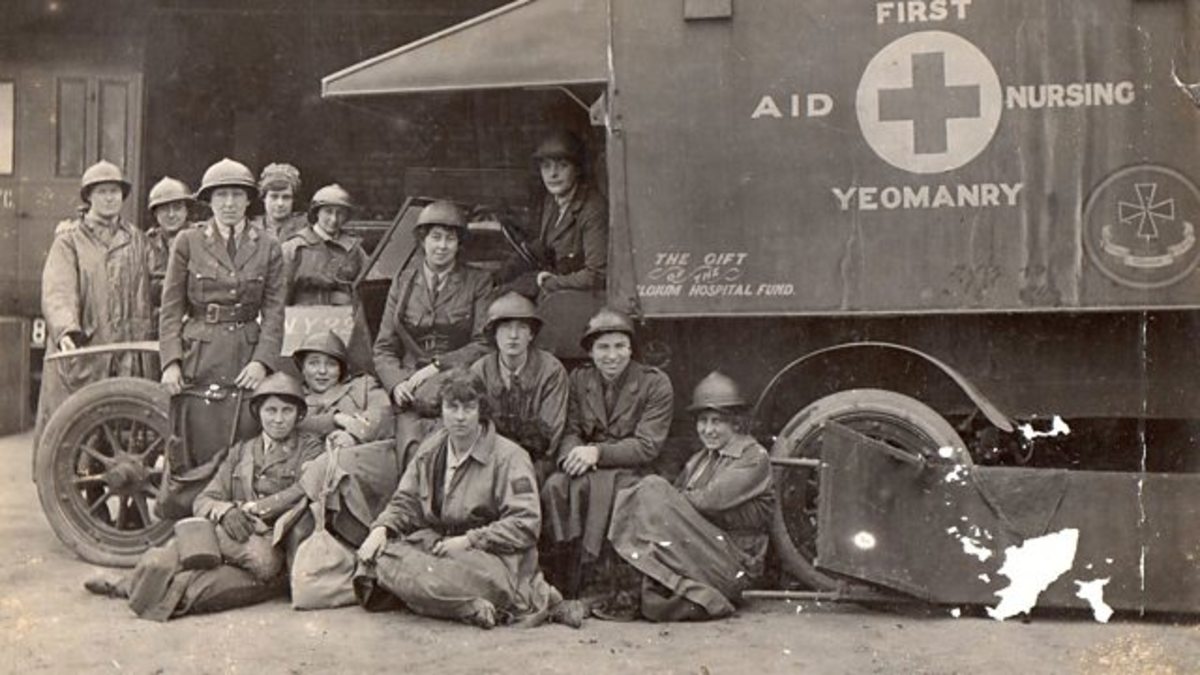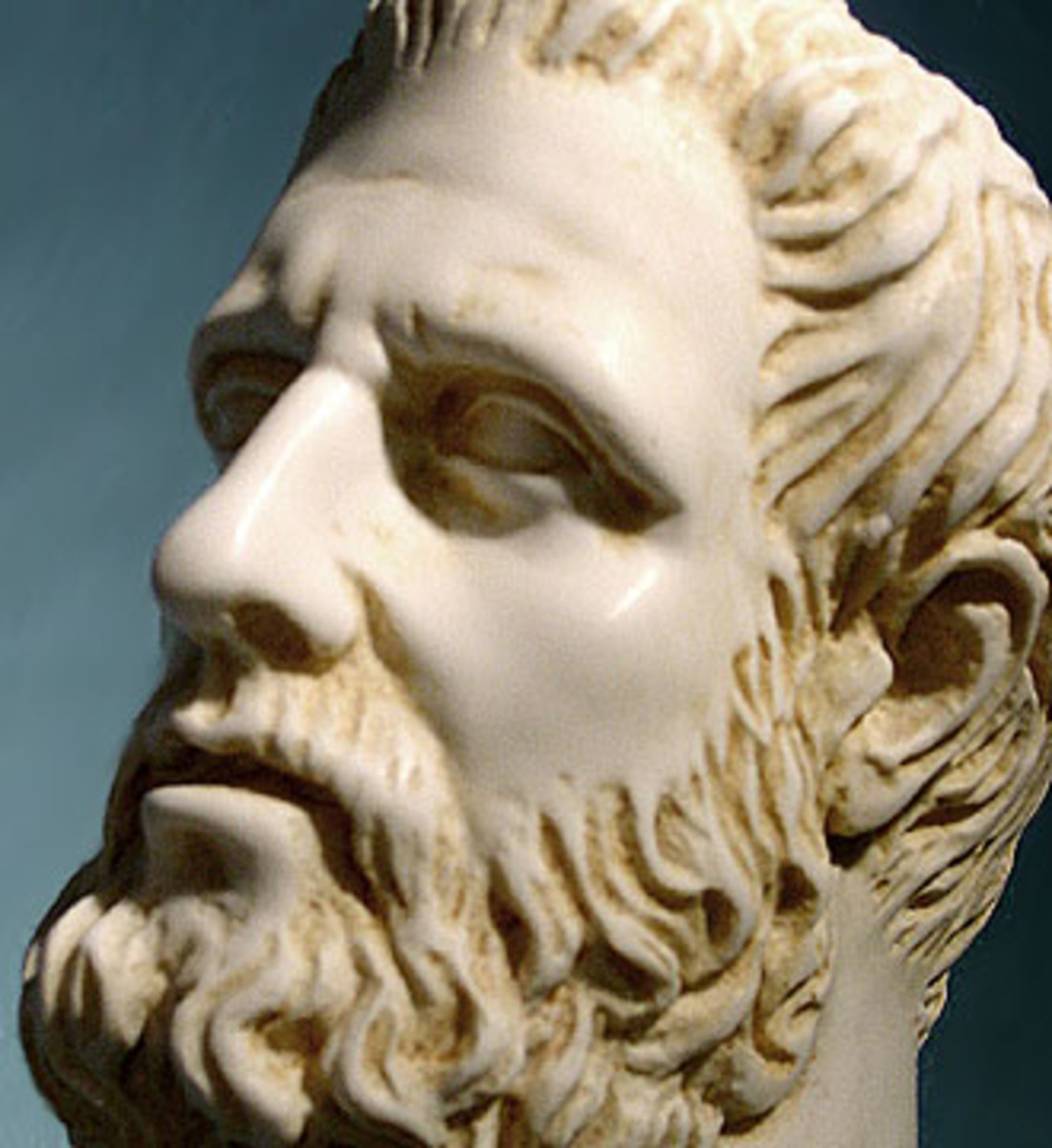Wanted! Wanted!! Wanted!!!: Pioneers in Nursing

Discoveries
There are many categories of young nurses who have taken up the job of murmur and complaint:
-
The ones who complain and looks for every opportunity to be out of nursing.
-
The ones who complain and remains with the feeling that she’s got no choice.
-
The ones who complain and ensure others are discouraged by her complain.
Generally, they are all depressed when it comes to the issue of nursing; they could do no less than sit, they couldn’t reason well on solution and the way out, no participation in activities that will favour nursing. These are the most dangerous set of people a profession can ever have, for they wrought more havoc than the ones actively involved in evil.
My Findings
I stand at the gate of time and try peeping through the windows of history in nursing and discovered a great discrepancy between the attitudes, zeal and passions of the nurses in the early centuries and the nurses in this century (old and young inclusive). We have heard about nurses who paid the price for most of what we see today in nursing with the last drop of their blood. “Nurses who could fight” a caption I saw written on the biography of a famous nurse of the past centuries. They ventured into the unknown and fought with their last breathe.
It is quite unfortunate that the nurses I grew to know (old ones) and the ones I moved with (new ones) were mostly nurses who could murmur and complain! Nurses who are not ready to work; nurses who are not ready to sacrifice a dine, nurses who are not ready to pay the price. As the young ones blames the old ones for the inconsistency and low esteem in nursing, the older ones are busy looking for ways to punish the younger ones, venting their anger on them and making sure they don’t move further, since this older ones feel they had nothing to lose or gain anymore.
‘This is How it has Always Been Done’: One of the Greatest Problems in Nursing
I have many questions as to this; we have often heard our senior nurses fume out this statement that they almost do not need to think before saying it and the younger nurses are used to it. This does not only occur in the clinical area, it also occurs in virtually all areas. You even hear an examiner from nursing council make such statements in exam halls. My question now is must everything in nursing exists as a universal law like gravity in this constantly changing world? Shouldn’t we be dynamic both in theory and practice? Is there no room for update? We keep doing virtually everything the same way we had always done them. Personally, while in school I did not purchase the foundation of nursing textbook simply because I checked the old editions and found nothing new except the back cover and showed no sense of academic prowess to someone like me who is constantly in search of knowledge.
The situation is so pathetic that while receiving lectures of some lecturers in school, we go to collect the notes of seniors about 3years ahead of us and found the note the lecturer his presently given as the same; as though nothing new has been said on that subject of recent times. The case is the same in other sector including the administrative area; they run nursing just as it has always been done, nothing new. Little wonder, everything remains redundant, nobody is ready to stake something and go out even if it is an unknown land. It seems to me as though, don’t we have something new to contribute to the growth of the profession? Or are we so daft that we could not reason out something new? Are we there already? Well, I have read many journals of nursing and considered the topics and contribution of the research; some does not look like a problem solving research I see in other professional journal. Even the few good researches are not been implemented and I wonder what our PhD holders are doing. As we do not desire to involve in nursing things, we also do not desire to get involved in non-nursing things. The area of politics is one of the other aspect nurses are afraid to get involved in; we act by a lot of many lies we hear about politics, little wonder, the inferiority complex that most nurses display before other health professionals. We are timid and afraid, we are not ready to pay the price for change and if we don’t, things will remain where it has always been.

Nursing: An Uncultivated Field
Obviously, when all these things are considered, it is enough to frustrate a fresh and agile mind out of the profession. I was almost becoming a victim of this cowardice act of jumping out of nursing when I had encounter with El-Nursing. He revealed himself as Jehovah Rehoboth ‘the Lord my portion or who giveth me room’. He showed me the vast and uncultivated areas in nursing that no matter how many we may be, there is definitely a room for you to dominate and take charge.
I see a lot of people jumping into master’s degree and post basic diploma all in the name of ‘that is what we have for now’. Now, the masters degree program done in nursing Nigeria are not more than 5; most of which really have little to do with the clinical area. Why must we do something because we have no choice or other alternative? If we continue to find ourselves in this locus, then we must wait for another century, perhaps generation for a change. Are we afraid of bringing most of the post basic diploma courses to master’s level? Or are we satisfied with OND, HND status? The answer is simple; we can’t pay the price of pioneering some of these courses, since we have little or no one who holds a master or PhD in these post-basic courses presently in Nigeria. It could not get to the university; all because we keep doing things as it as always been. We localize ourselves to the system provided. We keep going for public health, med-surge, and MCH at master level and most of our diploma sisters rest their case in one post-basic diploma.

Mary Mahoney
The first African-American woman to complete nursing training and become a registered nurse, at eighteen, she began working at the New England Hospital for Women and Children as a cook and cleaning woman. Mahoney was always interested in becoming a nurse and in 1878, at the age of 33, she was accepted as a student nurse in the hospital. It was a rigorous program and on August 1, 1879, Mary was one of only four to graduate out of forty-two entries. Her alma mater took note of her success and began admitting other Negro women despite the vicious racism at nursing schools in America. By 1899, her school had produced and graduated five other African-American nurses. Black nurses were not given the same opportunities as White nurses so Mahoney became involved in the National Association of Colored Graduate Nurses (NACGN) in 1908. Never married, she treated her patients like family, often cooking for those in her care.
Mary Breckinridge
Mary Breckinridge dedicated her life to rural public health care, but it wasn't until after she suffered a series of personal tragedies, including the deaths of her two young children, that she heard the call to nursing. She studied at St. Luke's Hospital in New York, and became a registered nurse in 1910. Nursing took her to many places; While in France, Breckinridge was introduced to French and British nurse-midwives. Breckinridge studied midwifery in London and is credited with introducing nurse-midwifery to America [source: Frontier Nursing Service]. The FNS group (Frontier Nursing Service) she started often travelled by horseback to deliver babies and provide family care, accepting little money (or barter) as payment.
Walt Whitman
He was also a teacher, a journalist and, for three years during the Civil War, a volunteer nurse. Whitman never had a formal nursing education, but was motivated to begin visiting wounded soldiers at military hospitals around the Washington, D.C., area after his brother, George, was wounded at the Battle of Fredericksburg while serving with the Union Army in 1862. . In a letter home to his own mother, Whitman recounted bringing ice cream to wounded soldiers convalescing throughout one D.C. hospital's 18 wards [source: Murray]. He raised soldiers' spirits, and he sat by them while they died. Whitman himself estimated he visited more than 100,000 wounded soldiers (both Union and Confederate) during 600 hospital visits [source: Biography.com].
© 2014 Emmanuel O ADESUYI







